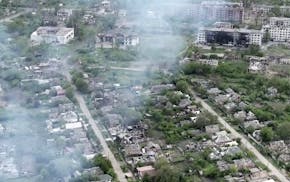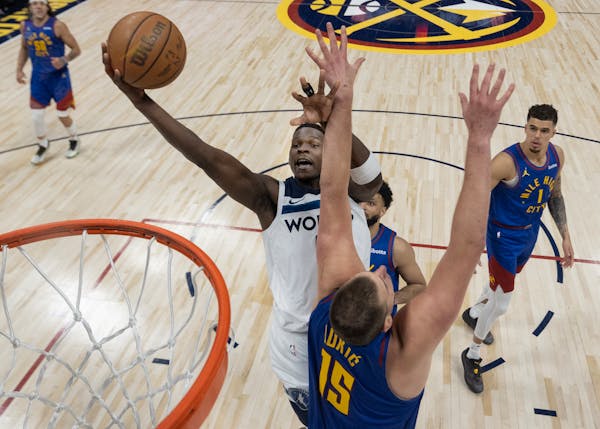MPLS hied itself over to Lake Street this week for a serving of PIE.
That's Phillips Indian Educators, a network of educators and other activists from the Phillips community and beyond who focus on better outcomes for native students.
It's been a good week for native education.
First, Gov. Mark Dayton's Monday summit on Indian education brought together educators and tribal leaders to focus on an agenda for improving dismal school outcomes for native youth. Pareticipants at the St. Paul event seemed impressed by the responsiveness of Education Commissioner Brenda Cassellius, a former Minneapolis schools administrator, to their agenda.
Second, this week the Minneapolis school board approved a second version of a memorandum of agreement with the city's Indian agency directors, expanding on a groundbreaking 2006 pact with the district.
Erma Vizenor, White Earth Tribal Council chairwoman, said at the summit that the state's Indians "have waited a long time for a commissioner like Brenda Cassellius." The tribes' state lobbying agenda includes better curriculum focused on native history and culture, more native public school teachers, a tuition waiver for natives attending state two-year and four-year colleges, and an Indian education office in northern Minnesota, among other issues.
PIE is an ad hoc group of Indian educators who began gathering in 2005 to discuss ways of helping local native students better succeed in school. Elaine Salinas, president of MIGIZI Communications, and Joe Rice, executive director of Nawayee Center School, lead the group..
It has pushed for training educators who teach native students to be grounded in native cultures, has offered such training to city teachers, and provides information on best practices for teaching native students.
The new agreement sets out more specific goals for raising test scores and other measures of native student achievement, and gives teachers at schools employing best practices more job security if they work to increase their skill at working within native cuttural traditions in their classrooms. Although the results for students haven't shifted greatly since 2006, participants say the earlier agreement created a climate in which the Minneapolis Indian community feels more of a partnership with schools.
PIE has attracted enough attention that Friday's meeting also included an initial discussion of how the group ought to respond to inquiries about expanding its reach beyond Minneapolis, and the risks and rewards of doing so.
.

Drone footage shows Ukrainian village battered to ruins as residents flee Russian advance
In heated western Minn. GOP congressional primary, outsiders challenging incumbent

Minnesota Sports Hall of Fame: A class-by-class list of all members

